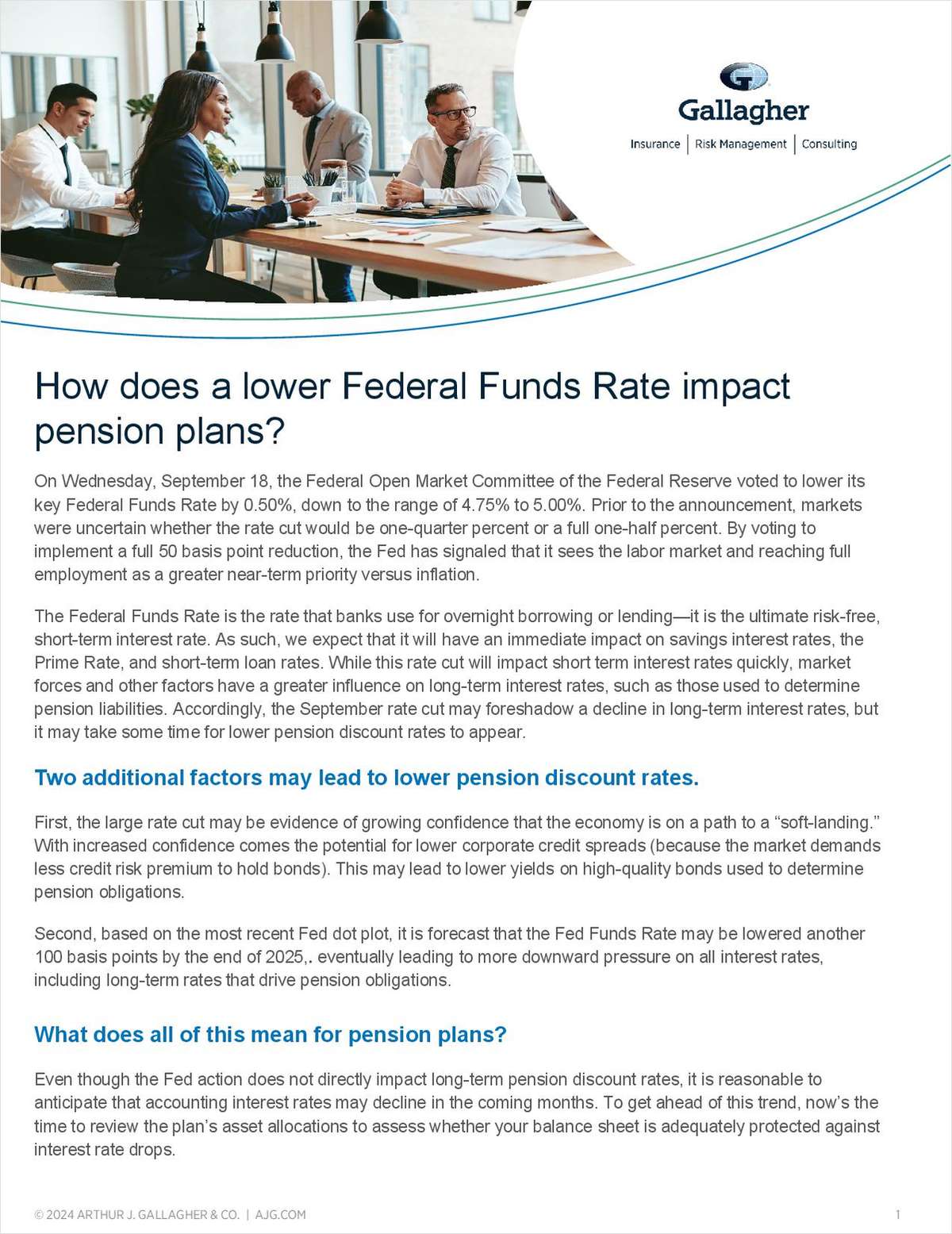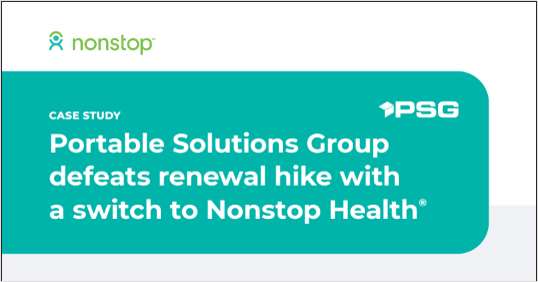 Johnson & Johnson offices in New Brunswick, NJ. Credit: Askar/Adobe Stock
Johnson & Johnson offices in New Brunswick, NJ. Credit: Askar/Adobe Stock
Johnson & Johnson on Tuesday sued the Biden administration in a controversy over how it distributes rebates under the federal 340B program, which enables certain hospitals and clinics to purchase discounted drugs.
Last summer, Johnson & Johnson announced plans to give hospitals rebates for two drugs, plaque psoriasis treatment Stelara and blood thinner Xarelto, after the fact instead of providing upfront discounts. Although the plan applied only to disproportionate share hospitals, which make up less than half of all 340B hospitals, they are responsible for nearly 80% of purchases.
The Health Resources and Services Administration, which oversees 340B, warned the company that it could face steep fines and potentially be removed from Medicare and Medicaid if it went through with the rebates. In addition, nearly 200 members of Congress wrote a letter in late September expressing opposition to the plan. Johnson & Johnson, which dropped the proposal in late September, is asking court to rule that the plan is legal. Because the 340B statute doesn’t specify a particular pricing mechanism for how drugmakers issue discounts, the company said it shouldn’t be prohibited from moving from the current discounting model to a rebate model instead.
“The rebate model that J&J intends to launch represents a limited but significant step toward remedying the dysfunction and abuse that pervades today’s 340B program,” the complaint said. “Neither the universe of eligible 340B claims nor the amount of the 340B price to [disproportionate share hospitals] would change.”
Related: Pharmacy benefit managers, version 2.0 (post J&J lawsuit)
However, the HRSA has contended that the 340B language requires upfront discounts.
Turning 340B into a rebate program would be “disastrous,” according to Maureen Testoni, CEO of 340B Health, an association that represents hospitals in the discount program.
“This shift would impose massive financial and administrative burdens on 340B hospitals, [forcing] these financially strapped hospitals to incur significant costs and float revenue to drug companies by paying full price for 340B-eligible drugs,” she told Healthcare Dive.
Johnson & Johnson is the first pharmaceutical manufacturer to try to implement rebates in 340B. However, three years ago a drug discount manager, Kalderos, filed a lawsuit challenging HRSA’s assertion that drugmakers can’t impose rebates. That litigation has been stayed pending final appeals in the same Washington, D.C., district court where Johnson & Johnosn has now filed suit.
Complete your profile to continue reading and get FREE access to BenefitsPRO, part of your ALM digital membership.
Your access to unlimited BenefitsPRO content isn’t changing.
Once you are an ALM digital member, you’ll receive:
- Breaking benefits news and analysis, on-site and via our newsletters and custom alerts
- Educational webcasts, white papers, and ebooks from industry thought leaders
- Critical converage of the property casualty insurance and financial advisory markets on our other ALM sites, PropertyCasualty360 and ThinkAdvisor
Already have an account? Sign In Now
© 2024 ALM Global, LLC, All Rights Reserved. Request academic re-use from www.copyright.com. All other uses, submit a request to [email protected]. For more information visit Asset & Logo Licensing.








